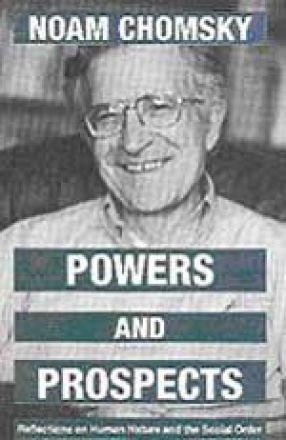
Madhyam Books

Showing all 8 books
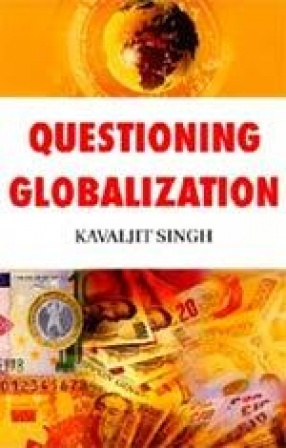
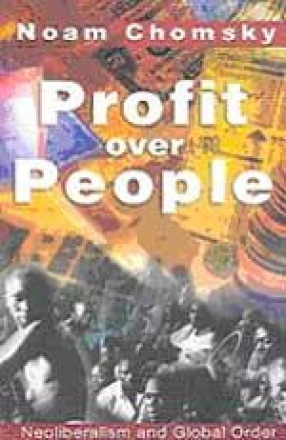

In this wide-ranging intelligent tour de force, Noam Chomsky brings together his thoughts on topics ranging from language and human nature, to the Middle East settlement and the role of East Timor in the new world order. This is the first collection of his essays in recent years to address questions of philosophy, ethics and foreign policy, and he includes his first published remarks on political goals and visions. This book will be of great interest to both the ...

Intellectual fashion currently focuses on us as consumers, but the world of production and services still needs us as workers. While globalisation has, in part, been driven over the past two decades by the transnational corporations’ search for cheap labour in new regions of the south, scholarly research and the mass media have paid remarkably little attention to the consequent changes that are happening in the world of work. This book is the first to deal ...
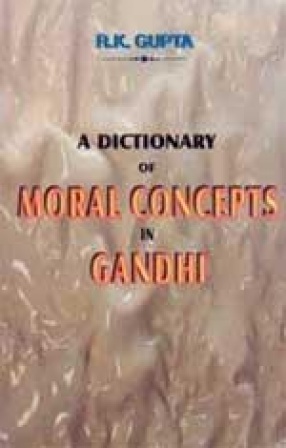
This, as far as one knows, is the first Gandhi dictionary, albeit confined to his moral thought. It takes into consideration a fairly comprehensive compendium of his writings, and selects from there most of his prominent moral concepts. This dictionary should clearly bring to light that Gandhi was not only a man of action, but also a man of thought, among other things, original, open-minded, daring, perceptive, critical, systematic, and very well deserving to be ...
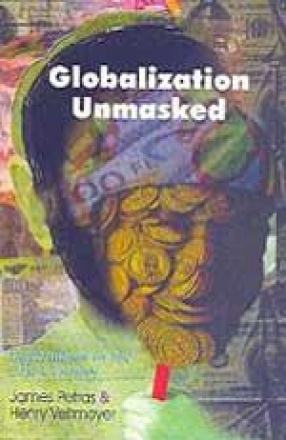
In this book the authors contend that "globalization" is little more than imperialism in a new form. The authors argue that the "inevitability" of globalization and the adjustment or submission of peoples all over the world to free market capitalism depends on the capacity of the dominant and ruling classes to bend people to their will and convince people that their interests ate the people’s interests. A key element in theorizing about ...

Globalization has become the clich? of our times. The neo-liberal virus has struck almost everybody including within the ranks of the left. The proponents of neo-liberal globalisation claim that it produces “accelerated, efficient†development along with a deepening of democracy and human rights. However, reality shows the opposite and any rigorous examination of such arguments reveals their shallowness and inconsistency. This book underscores the point that ...

In Profit Over People, Noam Chomsky takes on neoliberalism: the pro-corporate system of economic and political policies presently waging a form of class war worldwide. Chomsky critiques the tyranny of the few that restricts the public arena and enacts policies that vastly increase private wealth, often with complete disregard for social and ecological consequences. Profit Over People presents Chomsky’s thoughts on free market philosophy, corporate control of ...
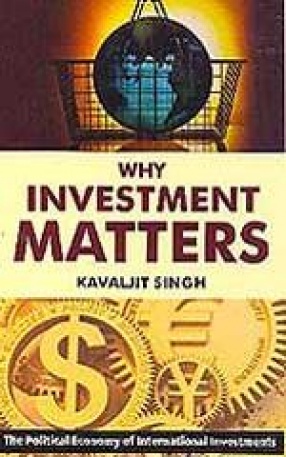
Investment matters. The millions of dollars that are moved around the world every minute of day profoundly affect who gets to eat and who doesn’t; who has a job and who doesn’t; and who accumulates wealth and at whose expense. Influencing investment decisions requires an understanding of how investment works. Kavaljit Singh explains the central role of transnational corporations (TNCs) and other key players in determining investment patterns. He debunks some ...
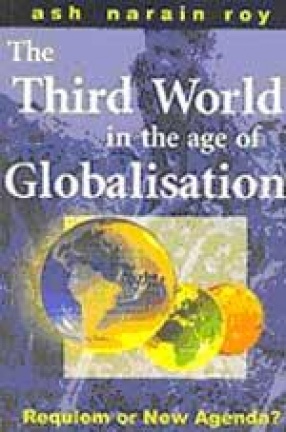
This thought-provoking exploration of the likely future face of international politics in the age of globalization has a dual focus. In the first place, the author argues that the unipolar world of globalization offers most developing countries nothing but a race to the bottom. There may be no clear alternative to a market-driven economic strategy. The bargaining power and sense of solidarity of Third world counties have never been weaker. But their shared ...
